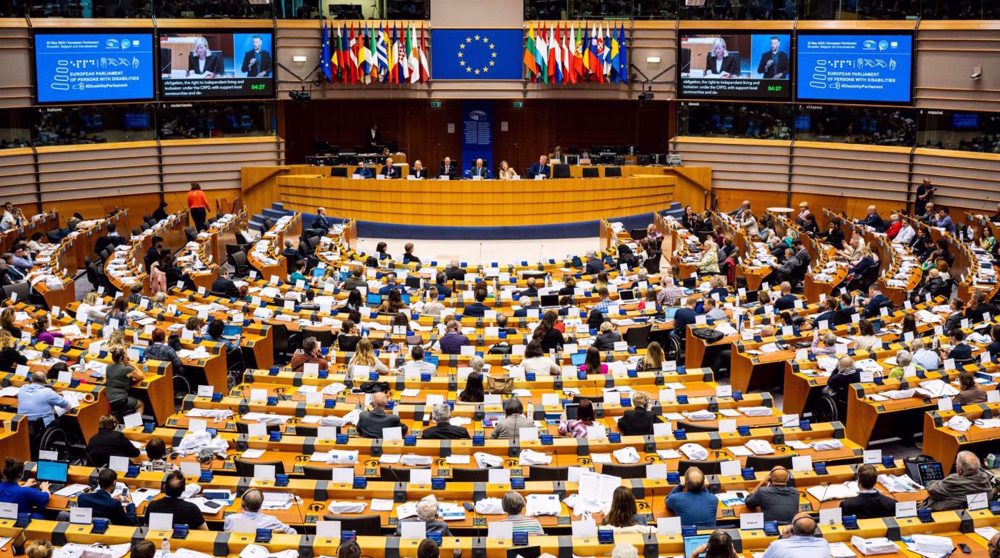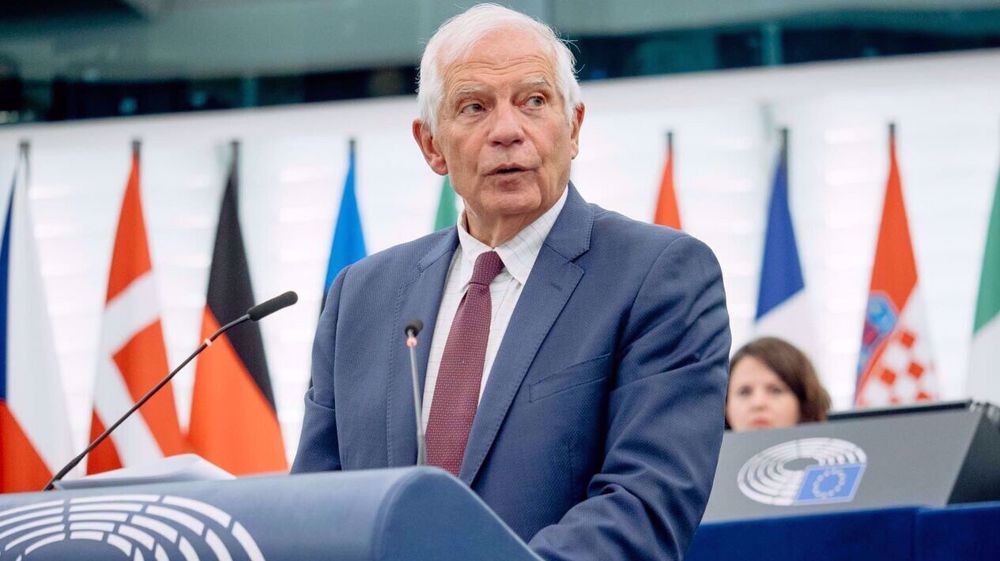Croatia urged to probe ‘police abuse’ of refugees
The Council of Europe has called on Croatia to halt violence against refugees and to investigate allegations of abuse of those trying to cross its border at the hands of police.
Zagreb should investigate "all recorded cases of collective expulsions and of allegations of violence against migrants," the council's Human Rights Commissioner Dunja Mijatovic wrote in a letter published on Friday addressed to Croatia's Prime Minister Andrej Plenkovic in September.
According to the letter, around a third of the 2,500 refugees and migrants turned back by Croatia this year have reported violence and theft at the hands of police.
Many of them were attempting to enter the EU member state through Bosnia, where about 4,000 migrants have been living in make-shift camps for months near the border, making period attempts to pass.
While some slip through, others have been violently pushed back at the Croatian border.
The international medical charity Doctors Without Borders (MSF) says refugees have recounted numerous accounts of police abuse, telling stories of officers who robbed their phones and money and beat them with tree branches.
The Croatian Interior Ministry rejected the allegations. "No cases of police coercion towards migrants ... nor thefts were established," Interior Minister Davor Bozinovic said in a letter to the commissioner also published on Friday.
A local human rights group described the letter as a "shame for Croatia," which is currently presiding over the Council of Europe.
The Centre for Peace Studies called on Zagreb "to stop pretending that nothing happens, conduct efficient probes and stop violating human rights".
VIDEO | German warship departs Red Sea as EU 'naval mission' fails
VIDEO | Palestinians inspect rubble of destroyed building in Rafah
Yemeni forces strike US, Israeli vessels in fresh pro-Palestinian operations
‘Say no to Biden’: US college being pressed not to endorse genocide
VIDEO | UN: Alarming food insecurity crisis grips Afghanistan
VIDEO | Stuck in quagmire
UK suspends legal assessments of Israeli violations in Gaza
Students protest at US universities to urge end in financial ties to Israel










 This makes it easy to access the Press TV website
This makes it easy to access the Press TV website